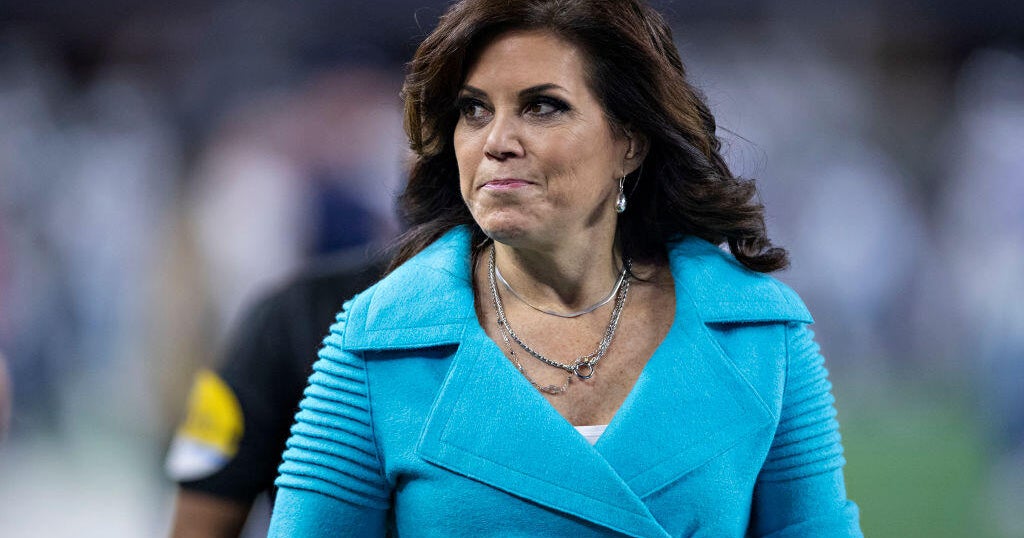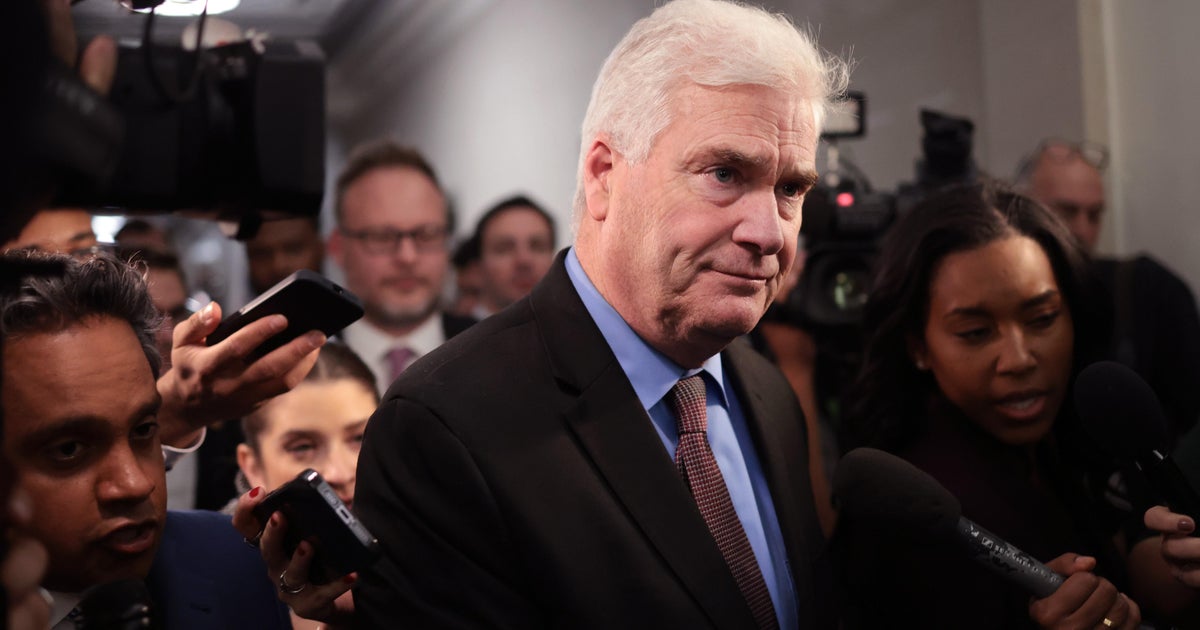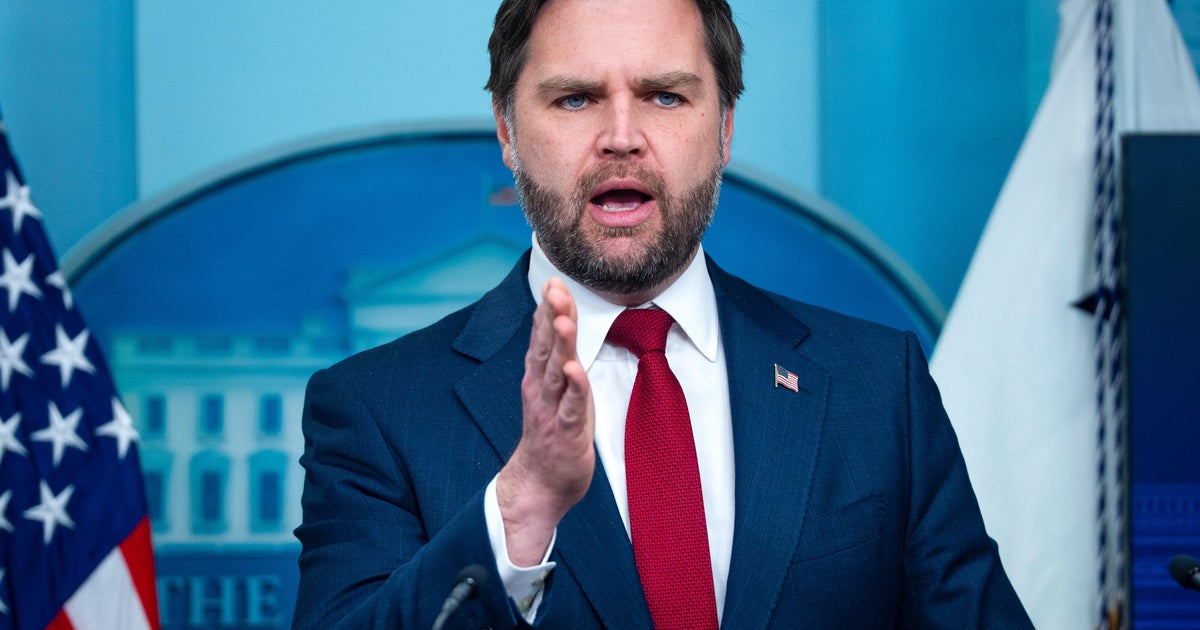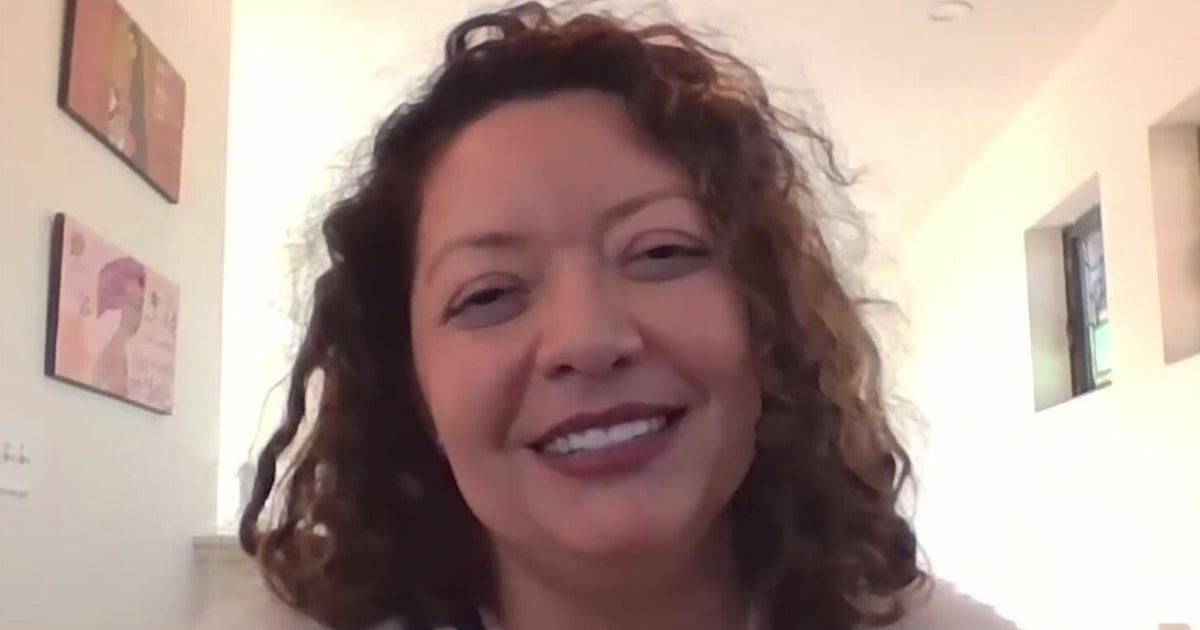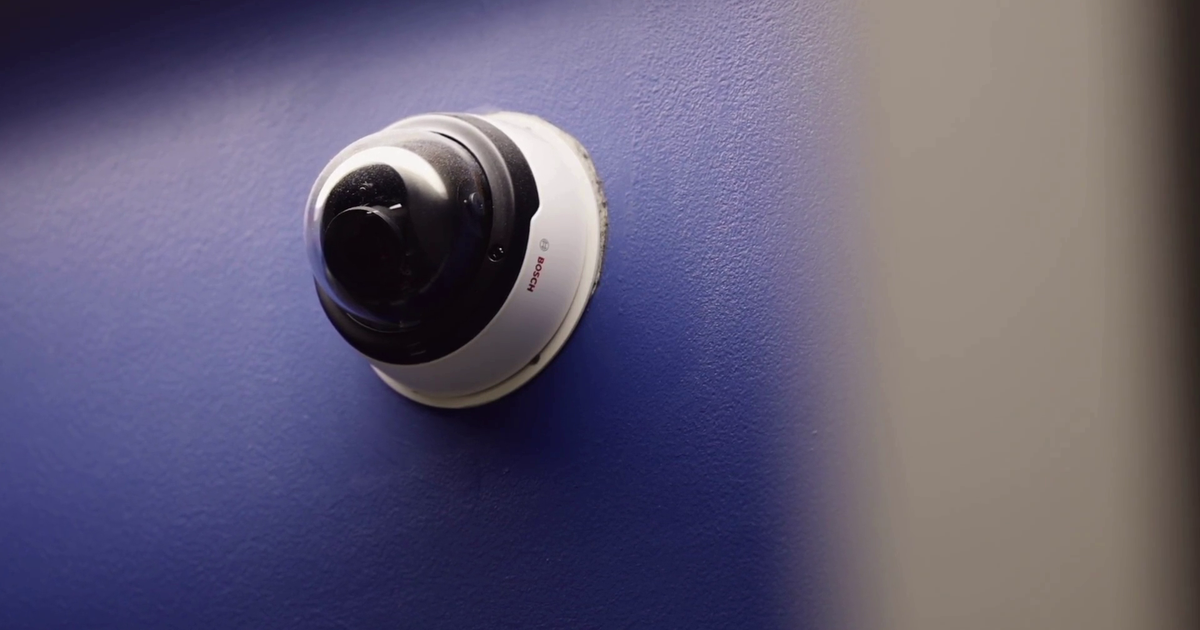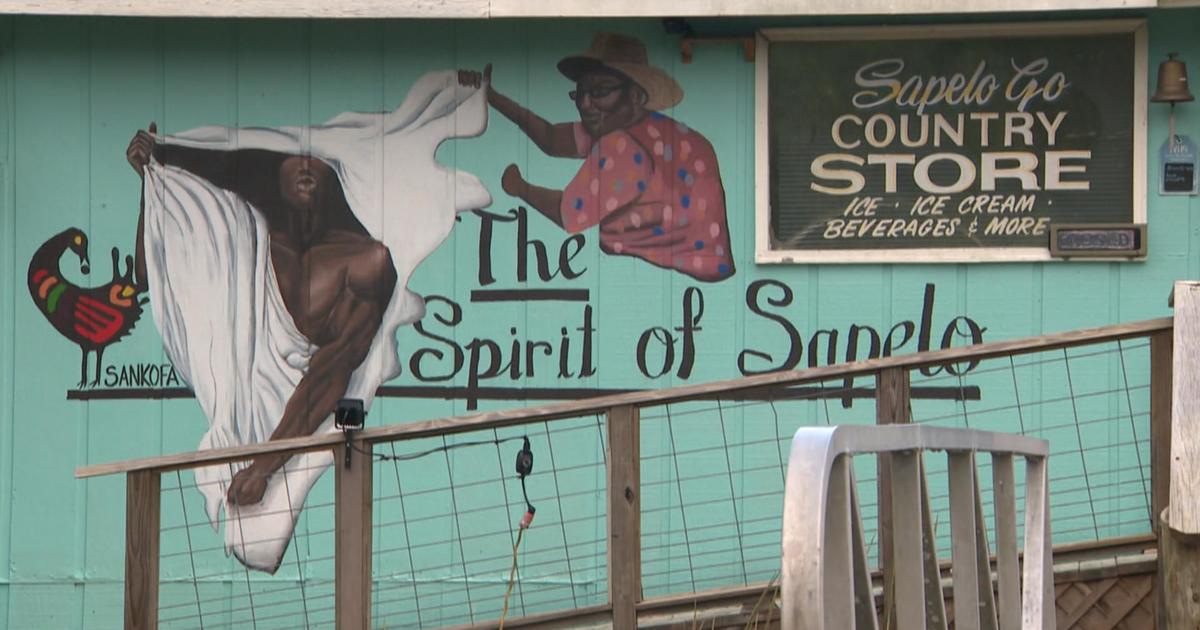Minnesota House will reconvene Tuesday to vote on bill legalizing marijuana for adults 21 and older
ST. PAUL, Minn. – Minnesota is inching closer to joining a growing list of states to legalize marijuana, as the state House considers a 300-page bill that would allow recreational use for adults and shift a black market into a state regulated industry.
UPDATE: Minnesota House passes recreational marijuana bill in vote of 71-59
"Today is a big day because we are now at the five-yard line in terms of getting to legal cannabis in the state of Minnesota," the bill's author Rep. Zack Stephenson, DFL-Coon Rapids, said during a press conference ahead of the vote.
After debating the bill late into Monday night, lawmakers tabled it just after 12 a.m. Tuesday and the House adjourned. The House has a standing rule that they don't meet past midnight, which is intended to keep legislators safe. House Majority Leader Jamie Long told the gallery they'd resume discussion first thing on Tuesday and subsequently vote on the bill.
The bill would allow people 21 and older to buy, sell – if approved for state business licenses – and use marijuana. The proposal would create a new state Office of Cannabis Management, tasked with oversight. Minnesotans looking to cash in would apply for business licenses for the green light to grow, manufacture or sell marijuana at dispensaries.
MORE: The business of marijuana - What would it look like if Minnesota passes a law legalizing it?
It would also automatically expunge low-level cannabis convictions and set up an expungement board to consider felony offenses in a move that supporters say reflects a core goal of the bill: righting the wrongs of cannabis prohibition that has disproportionately harmed people of color.
The legislation this session is the culmination of years of work, hours of testimony in 16 committees and dozens changes from its original drafting.
"It's time. Minnesotans deserve the freedom and respect to make responsible decisions about cannabis themselves," Stephenson said. "Our current laws are doing more harm than good. And Minnesotans want a cannabis policy that makes sense and adapts to the modern world."
Republicans on Monday acknowledged the bill will likely get some bipartisan support. Rep. Nolan West, R-Blaine, said he is voting yes, even despite some issues he has with the current language.
"The majority of Minnesotans agree that the time to end marijuana prohibition is here," West said. "I'm hopeful that Rep. Stephenson will continue to work collaboratively with the minority during conference committee. Republicans stand ready to work with the majority to ensure that this legalization bill is what's best for Minnesotans."
West expressed concern about the ability of local governments to have a say about where cannabis businesses will operate in their communities and the impact to existing hemp businesses, which were authorized by the legislature last summer to sell low-dose edibles with THC in them.
This bill would bring regulation of the THC edibles -- which are not subject to additional state taxes or licensing right now -- under the Office of Cannabis Management. Under the House plan, both hemp and marijuana would face an 8% gross receipts tax in addition to state and local sales taxes.
Rep. Kristin Robbins, R-Maple Grove, worries about addiction and the effects of marijuana on young adults. She also said during a news conference Monday that the bill falls on public safety.
"There's a broad array of viewpoints in the party and in our caucus. There are some people who support legalization. Some people who support decriminalization and some people who support expungement," Robbins said. "But no matter where you land on those issues, this bill has a lot of flaws."
In 2021, a similar bill passed the House, where DFL had majority, but went nowhere in the GOP-led Senate. A power shift at the Capitol cleared a path in that chamber for the first time in years. A vote is scheduled for Friday.
There are some differences between each proposal that will likely be sorted out during a conference committee, a joint meeting of lawmakers from both chambers.
If the proposal is signed into law, weed will no longer be illegal in Minnesota by the summer, but getting the regulated industry up and running will take at least a year, Stephenson said.
The House is set to reconvene to discuss the marijuana bill at 11 a.m. Tuesday



